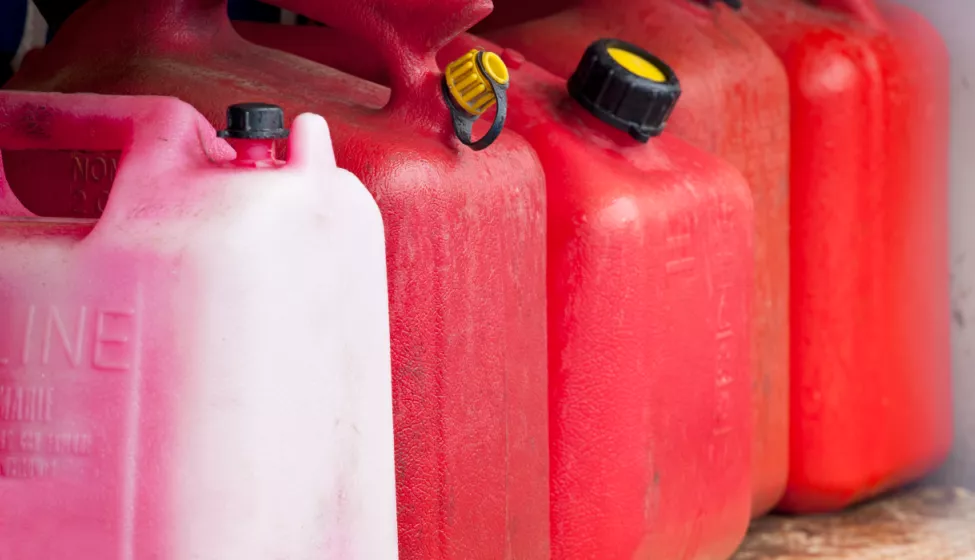January 28, 2021
New federal legislation requires flame mitigation devices on disposable & reusable fuel containers
The recently passed Consolidated Appropriations Act of 2021 included Section 901 entitled the "Portable Fuel Container Safety Act of 2019." This act requires that the Consumer Product Safety Commission (CPSC) "promulgate a final rule to require flame mitigation devices [FMDs] in portable fuel containers" within 30 months. The act also includes an exception that allows the CPSC to rely on voluntary industry standards such as standards or specifications for fuel containers and FMDs recently developed by ASTM International.
This requirement for FMDs applies to a range of consumer products that are often sold without FMDs. While the Act specifies that these requirements are intended for fuel containers, how the CPSC interprets the definition of fuel containers is yet to be seen. Even in cases where products do currently contain an FMD, it is unclear whether those devices will pass the recently published ASTM Standard Specification ASTM F3429 for testing such devices on disposable fuel containers. Numerous companies will need to determine whether this legislation applies to their products and, if so, whether modifications may be needed to comply. The legislation also modifies the Child Burn Prevention Act to be applicable to a wider range of products. The Child Burn Prevention Act requires certain gasoline containers comply with ASTM F2517, ASTM F852, and ASTM F3326. ASTM 3326 provides a specification for FMDs for non-disposable portable fuel containers.
How Exponent Can Help
Exponent scientists and engineers have substantial expertise in assessing fire and explosion hazards of fuel containers and are members of the ASTM sub-committees and task groups that developed voluntary standards and specifications relevant to this legislation. Exponent can perform testing to these standards and specifications, perform third-party reviews of designs and test results from other laboratories, and assist clients in evaluating whether their products are subject to these new requirements for fuel containers.



